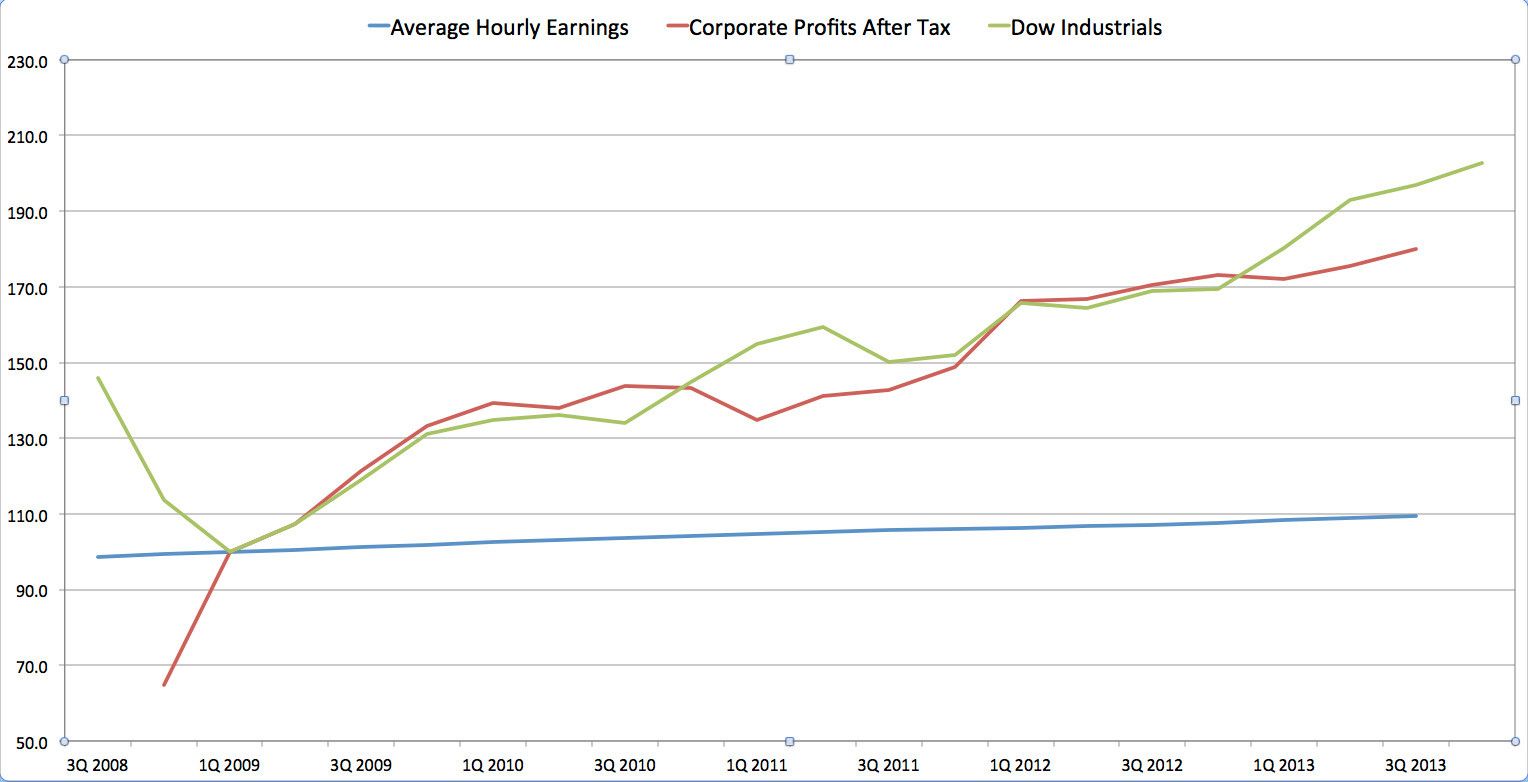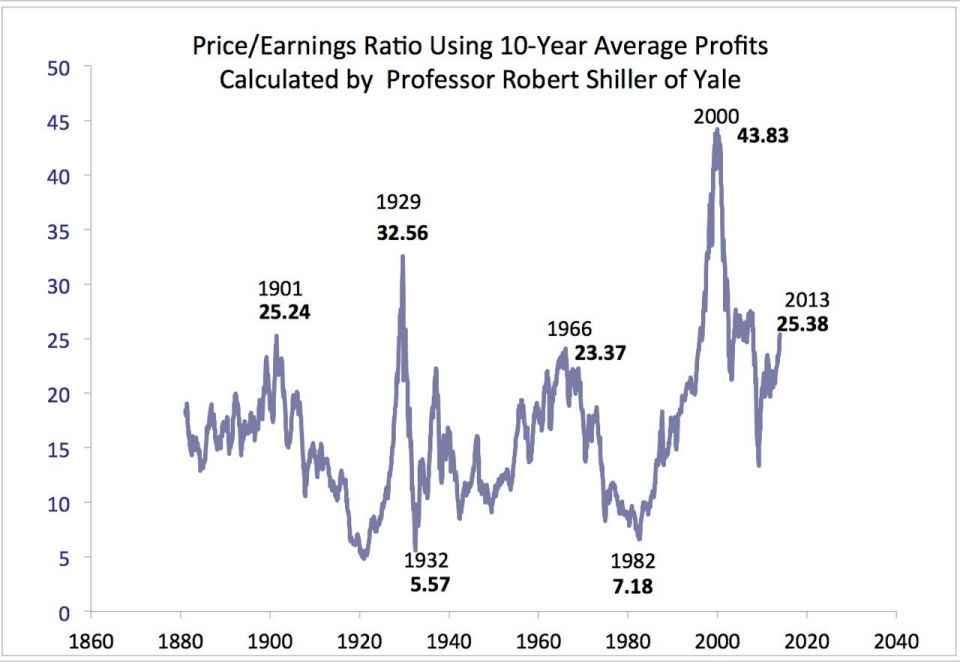Cross posted from The Stars Hollow Gazette
In a NYT‘s op-ed in New Year’s Day, Michael Moore called the ACA awful
I believe Obamacare’s rocky start – clueless planning, a lousy website, insurance companies raising rates, and the president’s telling people they could keep their coverage when, in fact, not all could – is a result of one fatal flaw: The Affordable Care Act is a pro-insurance-industry plan implemented by a president who knew in his heart that a single-payer, Medicare-for-all model was the true way to go. When right-wing critics “expose” the fact that President Obama endorsed a single-payer system before 2004, they’re actually telling the truth.
What we now call Obamacare was conceived at the Heritage Foundation, a conservative think tank, and birthed in Massachusetts by Mitt Romney, then the governor. The president took Romneycare, a program designed to keep the private insurance industry intact, and just improved some of its provisions. In effect, the president was simply trying to put lipstick on the dog in the carrier on top of Mitt Romney’s car. And we knew it.
Emergency Room visits have increased for those with insurance rather than decrease. This is probably due to the problem of finding a physician who will accept the patient’s insurance plan. What was needed was a mandate that physicians and hospitals accept all insurance plans.
Access to Health Care May Increase ER Visits, Study Suggests
Supporters of President Obama’s health care law had predicted that expanding insurance coverage for the poor would reduce costly emergency room visits as people sought care from primary care doctors. But a rigorous new study conducted in Oregon has flipped that assumption on its head, finding that the newly insured actually went to the emergency room more often.
The study, published in the journal Science, compared thousands of low-income people in the Portland area who were randomly selected in a 2008 lottery to get Medicaid coverage with people who entered the lottery but remained uninsured. Those who gained coverage made 40 percent more visits to the emergency room than their uninsured counterparts. The pattern was so strong that it held true across most demographic groups, times of day, and types of visits, including for conditions that were treatable in primary care settings.
The finding casts doubt on the hope that expanded insurance coverage will help rein in rising emergency room costs just as more than two million people are gaining coverage under the Affordable Care Act.
Instead, the study suggests that the surge in the numbers of insured people may put even greater pressure on emergency rooms and increase costs. Nearly 30 million uninsured Americans could gain coverage under the law, about half of them through Medicaid. The first policies took effect on Wednesday.
This will only push up the costs of health care and increase the costs for consumers and tax payers.
This video explains in less than 8 minutes why healthcare in this country is so expensive and still sucks.
Published on Aug 20, 2013
In which John discusses the complicated reasons why the United States spends so much more on health care than any other country in the world, and along the way reveals some surprising information, including that Americans spend more of their tax dollars on public health care than people in Canada, the UK, or Australia. Who’s at fault? Insurance companies? Drug companies? Malpractice lawyers? Hospitals? Or is it more complicated than a simple blame game? (Hint: It’s that one.)
For a much more thorough examination of health care expenses in America, I recommend this series at The Incidental Economist: http://theincidentaleconomist….
The Commonwealth Fund’s Study of Health Care Prices in the US: http://www.commonwealthfund.or…
Some of the stats in this video also come from this New York Times story: http://www.nytimes.com/2013/06…This is the first part in what will be a periodic series on health care costs and reforms leading up to the introduction of the Affordable Care Act, aka Obamacare, in 2014.


